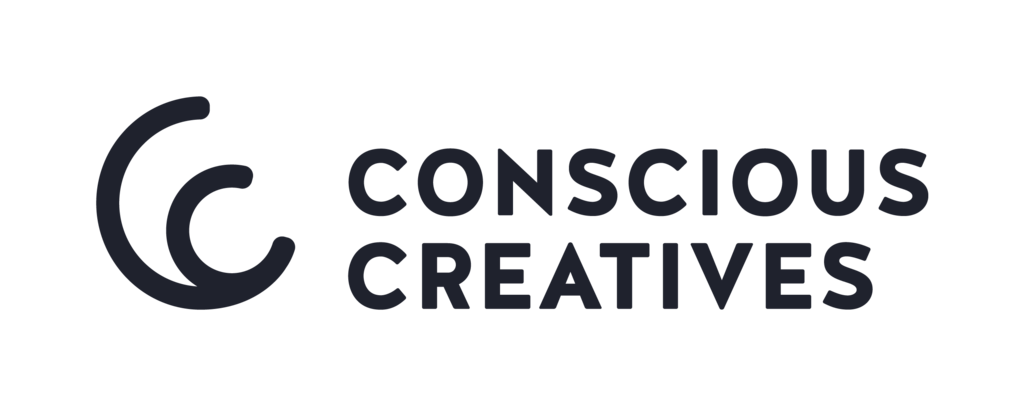Quality Education, the fourth Sustainable Development Goal, is one that particularly relates very closely to many other SDGs. Once every child has a quality education, they are much more likely to gain decent work (SDG 8), avoid poverty (SDG 1), have enough to eat (SDG 2), and have better health (SDG 3), just to name a few.
Providing every child with quality education is essential. It gives them not only the best start in life, but a start that helps to reduce inequalities.
Because of this, education for all has always been an integral part of the sustainable development agenda.
But now, more than ever before, we are aware of education and its impact. Not just how it helps children to learn and grow, but the significant affect it has on their health and wellbeing, too.
Yet Covid-19 has hugely impacted people’s ability to have a quality education. It has affected more than 90 per cent of the world’s student population, 1.5 billion children and young people.
Due to education being online for long periods of time, it has widened the existing gaps in equality in education. Many children from disadvantaged communities or extreme poverty are unable have the same access to online resources as other students. While many schools have facilities to lend students equipment, not all homes are able to access internet, for example.

What needs to be done
Quality education can give all children an equal start in life, but education has not always been equal.
From children living in poverty struggling with working from home to children not being given an education at all, many young people have not been able to have the same start that an education provides.
By 2030, the Sustainable Development Goal 4 aims to ‘ensure inclusive and equitable quality education and promote lifelong learning opportunities for all’.
Some of the ways we can do this, as stated on the United Nations Sustainable Development Goals website, is by:
- Ensuring that all girls and boys have access to quality early childhood development.
- Having free and quality primary and secondary education for all.
- Ensuring equal access for all women and men to affordable and quality technical, vocational and tertiary education, including university.
- Eliminating any gender disparities in education and ensuring equal access for all.
- Building and upgrading education facilities that are child, disability and gender sensitive and provide safe, non-violent, inclusive and effective learning environments for all
- Expanding the global number of scholarships available to developing countries, in particular least developed countries.
- Increasing the supply of qualified teachers.
- Substantially increasing the number of young people and adults who have relevant skills, including technical and vocational skills, for employment, decent jobs and entrepreneurship.

What can businesses do to help young people access a quality education?
There are many ways that businesses can help to provide a quality education. One way is to help to provide young people with work experience. This experience gives young people the skills that many jobs are looking for, helping them to receive employment after education.
Studies have shown that almost 1 in 4 young people do not feel prepared by their education for work. As schools and colleges prepare people for decent job opportunities, this is something that needs improvement so that all can have quality education.
One way this could be done is through companies offering classes to students and young people. These can help them to gain practical work experience and skills. For example, an IT company could offer classes to increase computer skills for students. This is a great way to help people in the local area gain more life skills.
Other ways you can help is through going into schools to talk about your business. You could share the key elements of what you do, and how students can enter this line of work. This could be through a talk on a Career Day or joining a Career Fair. Here, you could offer students a work experience placement.
Letting schools know you are open for work experience weeks are really useful ways to help young people learn more about the field of work they wish to enter. It helps students gain practical skills, and feel more prepared for the world of work.

Other ways to help
Some other ways to help could be lending or giving any work appliances you no longer need to schools. This could be unused computers for example, to help any students who are struggling to have access to remote learning.
Another way to help is through working with charities who help keep more children in school. One way to do this is through working with United World Schools.
As stated on their website, this charity ‘works in hard-to-reach areas to give every child access to quality, inclusive education. We partner with local communities and supporters around the world to teach the unreached.’ Becoming a corporate partner with this charity, or donating a percentage of your business’s revenue, allows for every customer to help give children essential school resources at the same time as purchasing a product from your business.
In this way, customers can help work towards SDG 4 while they are shopping at your brand. This doesn’t just encourage sales. It also helps people to be more sustainable while helping to give children a quality education through their purchase.
Learning more about what the SDGs can do for you
In our next blog we will be focusing on Goal 5 and 10: Gender Equality and Reduced Inequalities, and discussing in more depth what this Goal means and what we can do to take action.
If you would like to read more about the Sustainable Development Goals then you can do so here. If you would like to speak to Mark for more information about what sustainability can do for you, and how you can integrate your chosen SDGs into your business, then you can contact him here.



